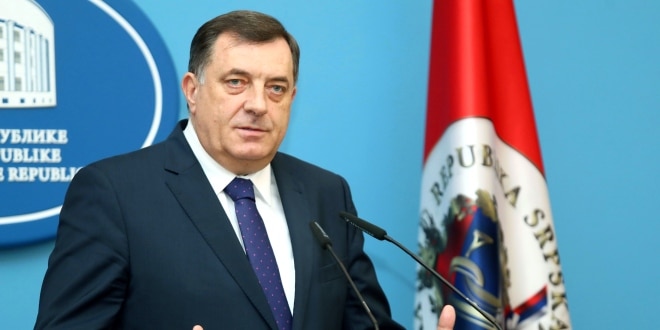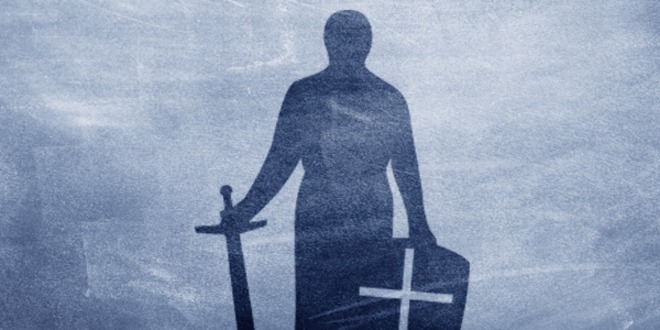Among the many politicians driving around Bosnia in the campaign for the general elections on October 7, Milorad Dodik, Bosnian Serb president and candidate for the Serbian seat on Bosnia’s state presidency is riding the costliest limo of all, according to a BIRN database of cars in government ownership.
The current president of Bosnia’s Serb-dominated entity, Republika Srpska, RS, has listed a Mercedes 500 from 2010 at his disposal, which his office procured for 125,000 euros, based on latest official documents on car maintenance and insurance.
Office of the president of Republika Srpska also has an Audi A8L from 2011 which was procured for 85.000 euros.
The second most expensive passenger car in the BIRN register of official vehicles is a Volkswagen Phaeton from 2013, worth 109,000 euros, which belongs to the General Secretariat of the Council of Ministers – the state government.
The car is available to the Chair of the Council, Denis Zvizdic, from the main Bosniak Party of Democratic Action, SDA, who is standing as a candidate for the state-level parliament.
Zeljka Cvijanovic, now RS Prime Minister and a candidate for the post of RS president, has at her disposal two Audi A8s, worth more than 100,000 euros. The RS assembly’s General Secretariat spent over 18,000 euros on car tires this year.
The members of Bosnia’s state presidency all have expensive cars. Four of the ten most expensive passenger cars in the Register of Official Cars belong to the presidency.
Three expensive Audi A8s, each worth about 100,000 euros, form part of a fleet of 36 cars worth 1.7 million euros, available for the three members of the presidency and for two candidates standing for this year’s new mandate – Mladen Ivanic and Dragan Covic.
Bosnian Foreign Minister Igor Crnadak, a candidate for the RS assembly, from the opposition Party of Democratic Progress, has an Audi A8L valued at 75,000 euros.
Bosnian Justice minister Josip Grubesa, a candidate for the state parliament from the main Croat party, the Croatian Democratic Union, HDZ BiH, has an Audi A6, worth 50,000 euros.
The BMW of Bosnian Security minister Dragan Mektic, who is running for a seat in the state parliament, has the same value.
Mirko Sarovic, Minister of Foreign Trade and Economic Relations, from the Serbian Democratic Party, SDS, drives a slightly cheaper Audi A6 than his party colleague Mektic.
The head of the public roads company in the RS, Putevi Srpske, Nenad Nesic, has a luxury Skoda Superb, worth a bit over 30,000 euros.
Nesic is a candidate for the state parliament from the Democratic People’s Alliance, a coalition alley of Dodik’s Alliance of Independent Social Democrats, SNSD.
In 2018, this company bought two more cars, a Skoda Superb and a Hyundai Tucson, and 16 others vehicles, bringing its fleet up to a total of 44 passenger vehicles.
The BIRN database, containing a register of vehicles owned by institutions and public companies, and showing their average cost – around 25,000 euros – can be seen here.
Read more:
Bosnian Officials Spend 4.5 Million Euros on Vehicles

